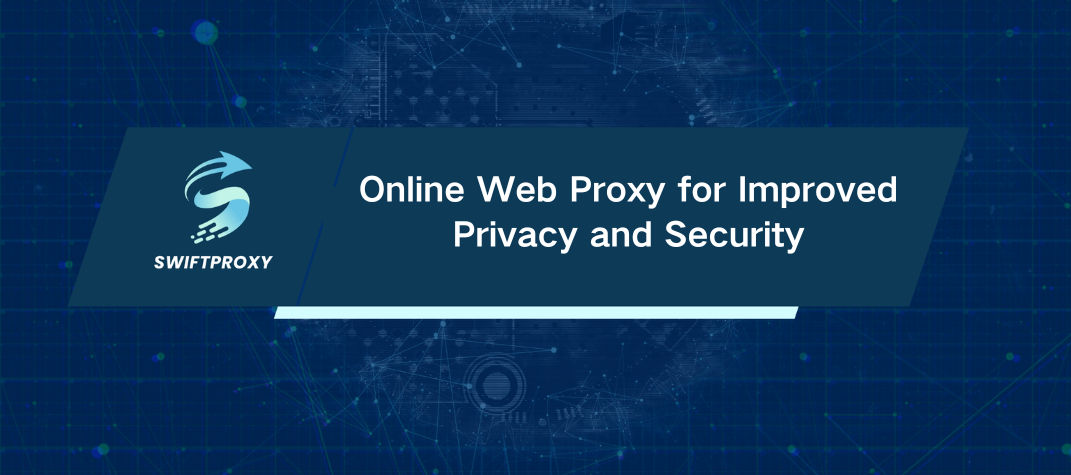Online Web Proxy for Improved Privacy and Security

Finding privacy online can be challenging, but online web proxy services offer a solution by allowing users to conceal their IP addresses. Understanding what an online web proxy is and how it can help protect your anonymity is crucial.
Concept of Online Web Proxy
An online web proxy server acts as an intermediary between your device and the internet, allowing you to browse anonymously. It hides your IP address by using its own when interacting with websites, thereby maintaining your privacy and anonymity.
With an online web proxy, you don't need to install extra software or change your network settings. It functions similarly to a search engine: you enter a website address, and the proxy retrieves and displays the page for you. Websites see the proxy's IP address instead of your own.
Online web proxy services vary in features and functionality. The best online web proxy services offer SSL encryption to secure your communications and help bypass censorship in regions with restricted internet access. Many also include features like User Agent masking, cookie management, and ad blocking.
Categories of Online Web Proxy Considered
Online web proxy services come in two main types: open and closed. Within these categories, there are three levels of anonymity: transparent, anonymity, and high anonymity proxy. Each type offers different levels of privacy and functionality.
Transparent Proxies: These do not hide your IP address from the destination server but can enhance network speeds. They are useful for improving performance without adding a layer of anonymity.
Anonymity Proxies: These hide your real IP address from target servers, though some might still detect that you're using a proxy. They offer moderate privacy by disguising your IP.
High Anonymity Proxies: These provide the highest level of privacy by not only masking your IP address but also concealing the fact that you are using a proxy. This type ensures maximum anonymity and is the most secure option.
When choosing a proxy, consider your needs to determine which type is most suitable.
Advantages of Utilizing Online Web Proxy
Online web proxy services primarily enhance privacy by masking your IP address, making it harder for websites and servers to identify you. By routing your browsing through the proxy, your real IP address remains hidden, which helps keep your personal information secure.
In addition to providing anonymity, online web proxy services offer several other benefits. They increase security by protecting against malware and other malicious software, guard against identity theft, and reduce data breaches. Online web proxy services also assist in balancing internet traffic, improving overall browsing stability, and controlling access to certain sites in schools and businesses.
Analyzing the Safety of Online Web Proxy
The safety of an online web proxy largely depends on the type you use. Paid proxy services are generally considered safer as they are authenticated and have proven their ability to handle and secure user data effectively.
Conversely, free online web proxy services are often less secure. The appeal of a free service can attract users, but these proxies may compromise safety by monitoring user connections and posing a higher risk of malware.
Final Thoughts
Online web proxy services can enhance your privacy by masking your IP address and protecting your data. Choose wisely based on your privacy needs and ensure you select a service that provides the level of protection you require.

















































